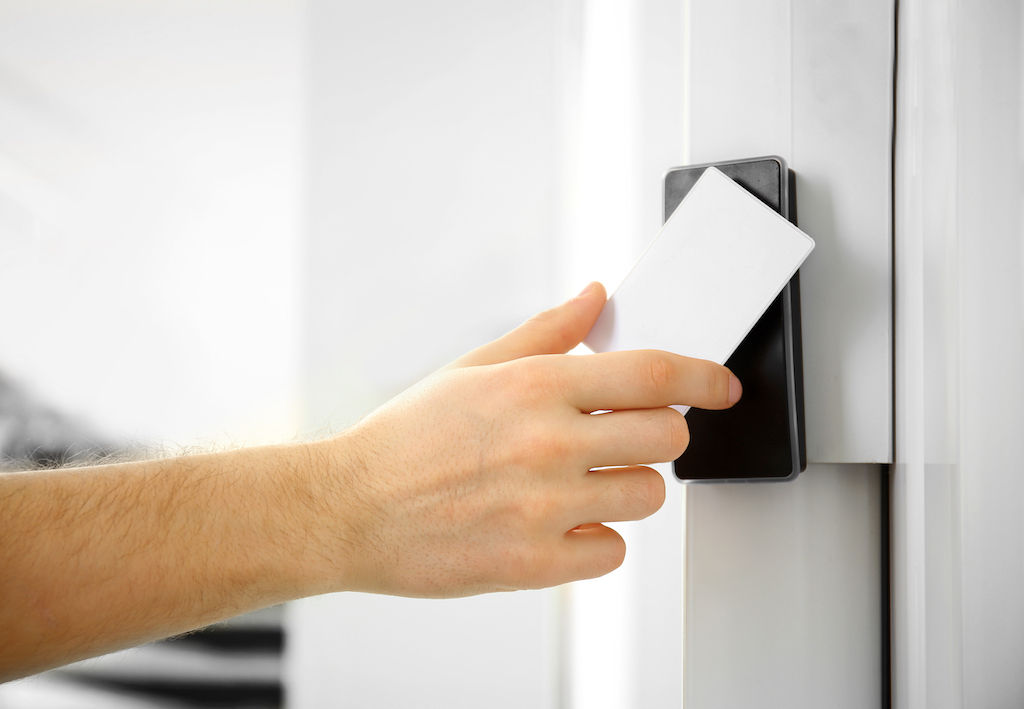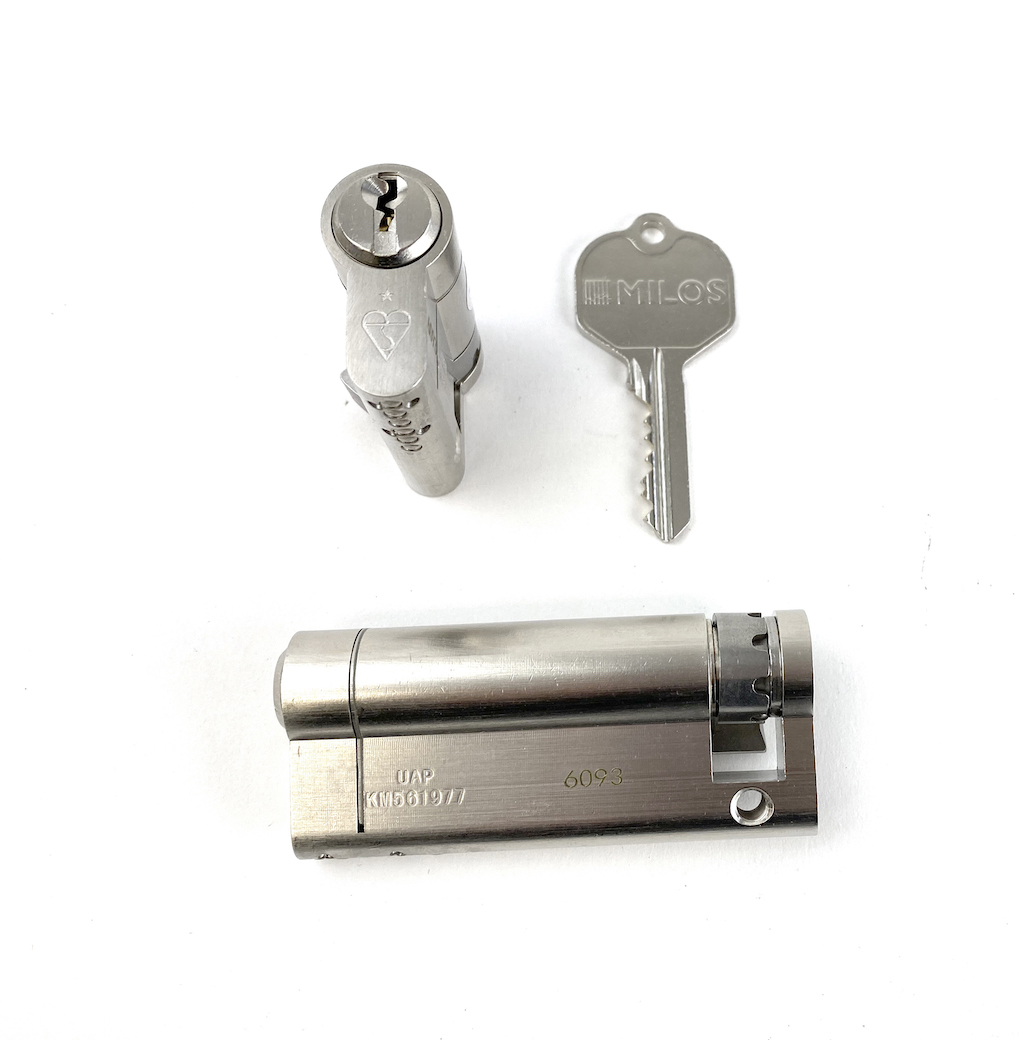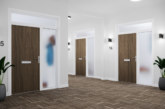Bill Murray, General Manager of Locking Systems, a UAP Ltd Company and specialist in bespoke locking solutions, discusses the reasons why traditional keys still offer a best-fit solution for student accommodation buildings.
Student accommodation has changed considerably over the past couple of decades. The private, en-suite study bedroom within a shared apartment has become the standard model for most universities and their private sector student living partners. It’s not just the layout of accommodation that has changed, either. The calibre of student living has also become more diverse, with increasing demand for high-end luxury accommodation. The scale and number of student living developments has also escalated, with many universities now managing more property assets that ever before.
All these factors affect the choice of security strategies for student living projects. For many students, life on campus, or within a city centre student block, is their first taste of living independently from the family home. With modern lifestyles and study trends, most will bring expensive gadgets with them when their start their student life and they are less likely than homeowners to have insurance. Consequently, the security choices must ensure students feel confident in their own safety and the security of their possessions, while also reassuring their parents and delivering a duty of care that combines ease and convenience with safety and security.
Meanwhile, the property assets also need to be cost-effective to build and operate and easy to manage. Estate management and maintenance teams must be able to access apartments for repairs and upgrades, or for emergency purposes. It is also important that any areas out of bounds to students, such as electrical cupboards and plant rooms for example, can only be accessed by authorised personnel. Finally, it is also wise to develop a security strategy that prevents subletting or additional ‘unofficial’ tenants.
Working with an architectural ironmongery specialist and their locking solutions supply chain to install traditional locks with patent protected keys remains the most effective, reliable and secure way to achieve all of this. Moreover, by designing the locking system for the specific student living assets, with a hierarchy of key control for the estate manager, the dual goals of student security and ease of management and maintenance can be embedded in the door hardware.

Robust, reliable and durable
Security is the first priority for any student accommodation building and the method for securing each apartment and en-suite private room must, therefore, be robust, reliable and durable. While access control systems are commonly used for entrance to the building, particularly where there is a manned reception or concierge, it is neither practical, nor cost-effective to use access control technology for each apartment or individual rooms. Aside from the installation cost and potential maintenance burden, it is arguably unnecessary in an era when every student has a mobile phone and guests can simply enter the building and knock on the apartment door.
For apartment and private room security, the alternative to a traditional lock would be a card key, which could be programmed for individual tenants and deactivated if lost or stolen, in the same way as a hotel card key. However, the reliability of card key systems depends on mains or battery power and, should the power source fail, the student could potentially be locked out of their accommodation…or locked in. With a traditional, precision manufactured, lock and key, access relies only on the right key being turned in the corresponding lock.
Specifying an EN 1303 compliant, grade 6 unique lock cylinders for every door ensure that locks are highly secure, robust and durable, while hand-pinning of the lock provides both excellent security and smooth operation over years of use. If this is combined with a patented key that can only be duplicated by the manufacturer, rather than re-cut on the high street, the locking system will also prevent duplication for use by unauthorised occupiers. Arguably, it also encourages students to take good care of their key, as they will have to pay for a replacement.

Hierarchy of key control
The ideal scenario when specifying traditional locks and keys for student accommodation is to implement a hierarchy of key control that makes management and maintenance of the properties as simple as possible, while delivering high levels of security. Ideally, each student will have a single key that opens their shared apartment and their private room only, offering them two levels of security for their possessions and the reassurance that their private space can be secured effectively.
In addition, the building management and maintenance team will have master keys in keyed-alike groups defined by their management criteria. Often this may be a single master key to gain access to any apartment or en-suite room in each building, along with specific master keys to access keyed-alike locations across all buildings — such as loft hatches or plant areas. The aim is to make the hierarchy of key control as simple as possible for the maintenance and management team.
Hand-pinning of the cylinders to precision, software-generated specifications, along with advanced key cutting technology, ensures all locks operate smoothly and reliably only when the correct key or master key is used. In this way, universities can be confident that students are safe and secure, potentially dangerous areas of the building are controlled and authorised access to any secured location is simple and efficient.
Safety first
In addition to security considerations, the locking strategy for student accommodation should also consider safety. Ease of evacuation is just as important as security and, once again, the simple operation of a traditional mechanical lock offers enhanced reliability. Ideally, EN 1303 compliant, grade 6 locks should be specified with thumb turns to enable exit via the locked door. In this way, students can feel secure in their apartment or room, while being able to exit quickly in the event of a fire without having to locate their key or any risk of malfunction of an electronic-based locking system due to a power cut.
While new technology may offer options, when it comes to student accommodation, the most appropriate use of technology is to automate algorithms and precision manufacture complex lock and key design for security installations that are smooth and simple to operate, easy to manage and difficult to penetrate.

Hull University Installation
A bespoke solution from Locking Systems was chosen for the refurbishment of 12 student blocks at the University of Hull. Ensuring the lock barrels were compatible with the existing lock cases, Locking Systems designed each of the 700 lock cylinders with individual pin configurations. This enables a single key to open both the apartment and private study bedroom door, with just 8 master keys to operate all locks across the blocks.
The lock barrels were manufactured at the company’s factory in Gateshead, with the pinning for each lock carried out by hand and the keys machine-cut for precision accuracy, smooth operation and reliable security.
Two keys were provided for each lock and, as part of the security strategy, patent protected keys were supplied to prevent unauthorised duplication. In addition, a number of additional master-keyed cylinder locks, for loft hatches and electrical cupboards, were provided with a single master key and all locks and keys were produced aligned to the installation schedule for the phased refurbishment.









